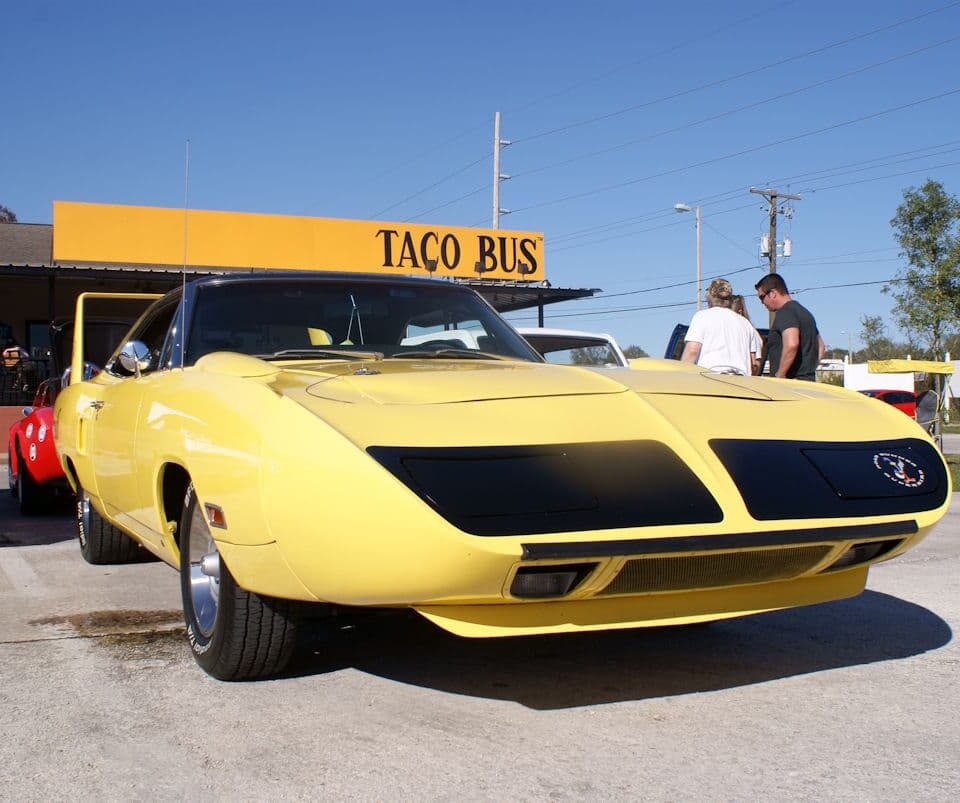A lemon car is defined as a vehicle that has significant damage that the dealer or seller cannot repair at an auto store within a reasonable time.
What exactly qualifies as “lemon” can vary from state to state. If you are trying to determine if a defect in a used car could qualify it as lemon, you will need to study the lemon laws in your state.
“A car becomes a “lemon” when it spends too many days in a repair shop, suffers from the same breakdown repeatedly, or has a number of problems that prevent you from enjoying the “new car” experience. “
According to Lemon Law, if you want to replace a car or get a refund, your vehicle must meet the following criteria:
- Problems with your car should be covered by the manufacturer’s warranty.
- Damages must arise within 18 months of delivery of the vehicle or within the first 18,000 miles traveled indicated on the odometer (whichever occurs first).
- The issues should substantially reduce the vehicle’s use, value, or safety for you.
- The breakdowns were not caused by car abuse.
- The manufacturer or dealer has not fixed the same problems after several attempts.
- If the car warranty requires you to notify the manufacturer of the problems and you have already done so (in writing).
What does the Lemon law say?
The Lemon Law protects the consumer against warranty-covered vehicle defects that cannot be repaired by the dealer or manufacturer.
In some cases, you may have the right to have your vehicle replaced or your money back.






